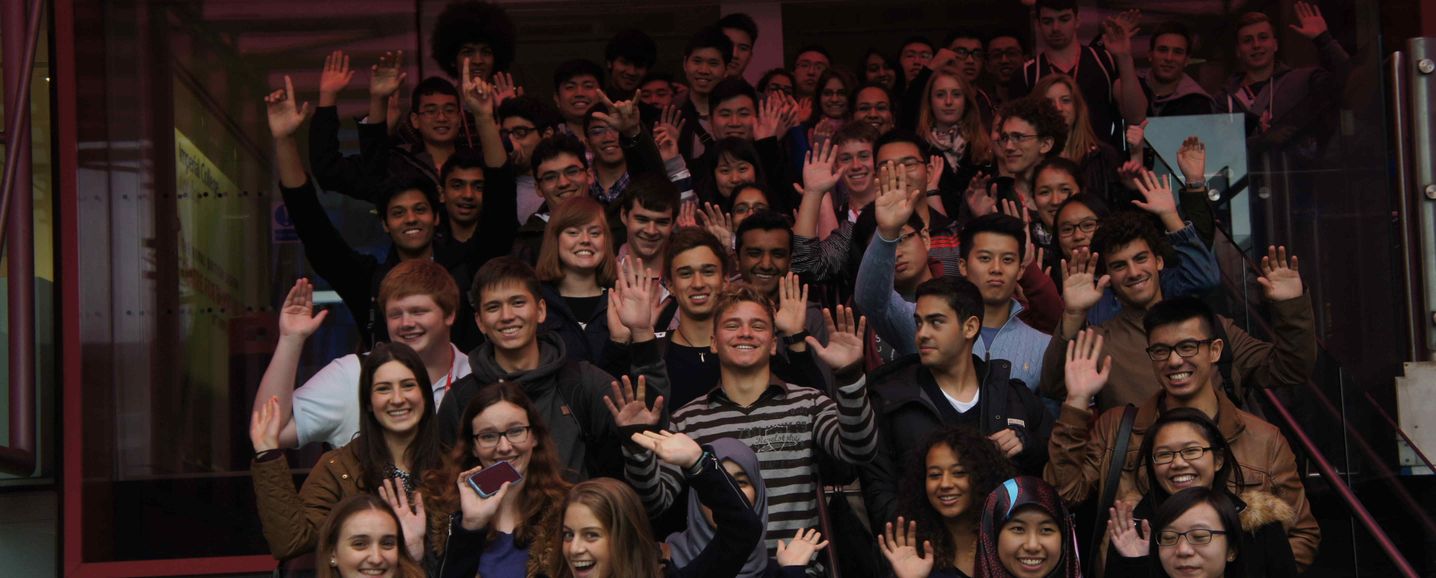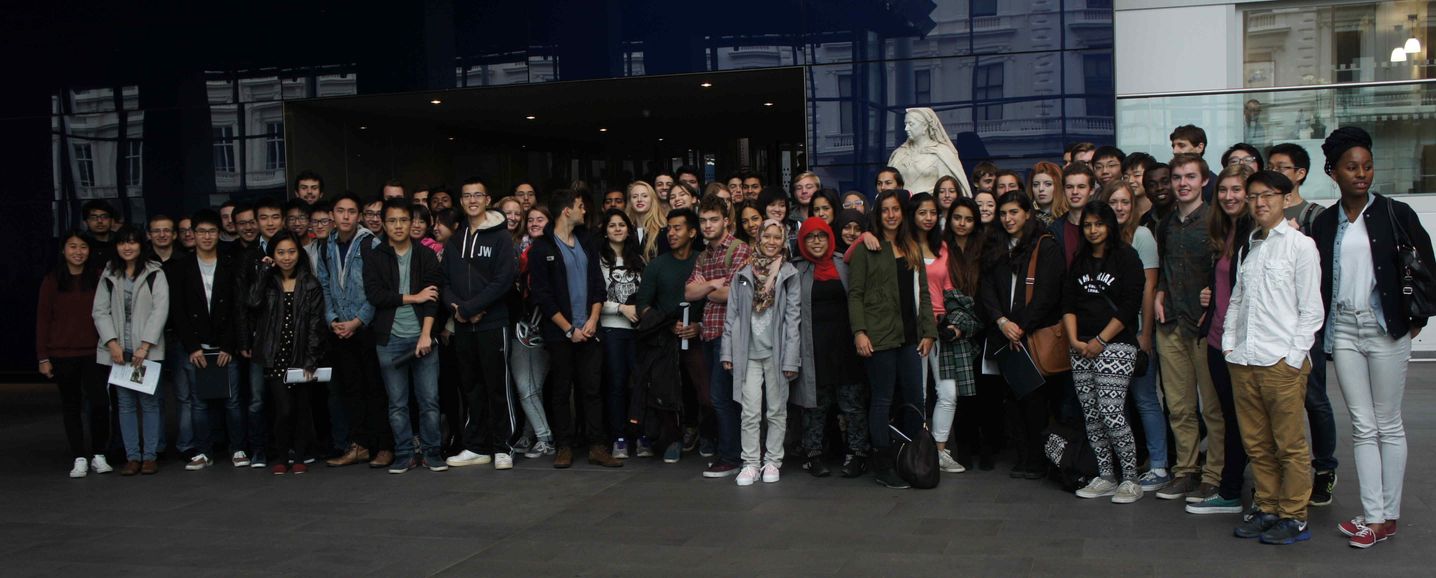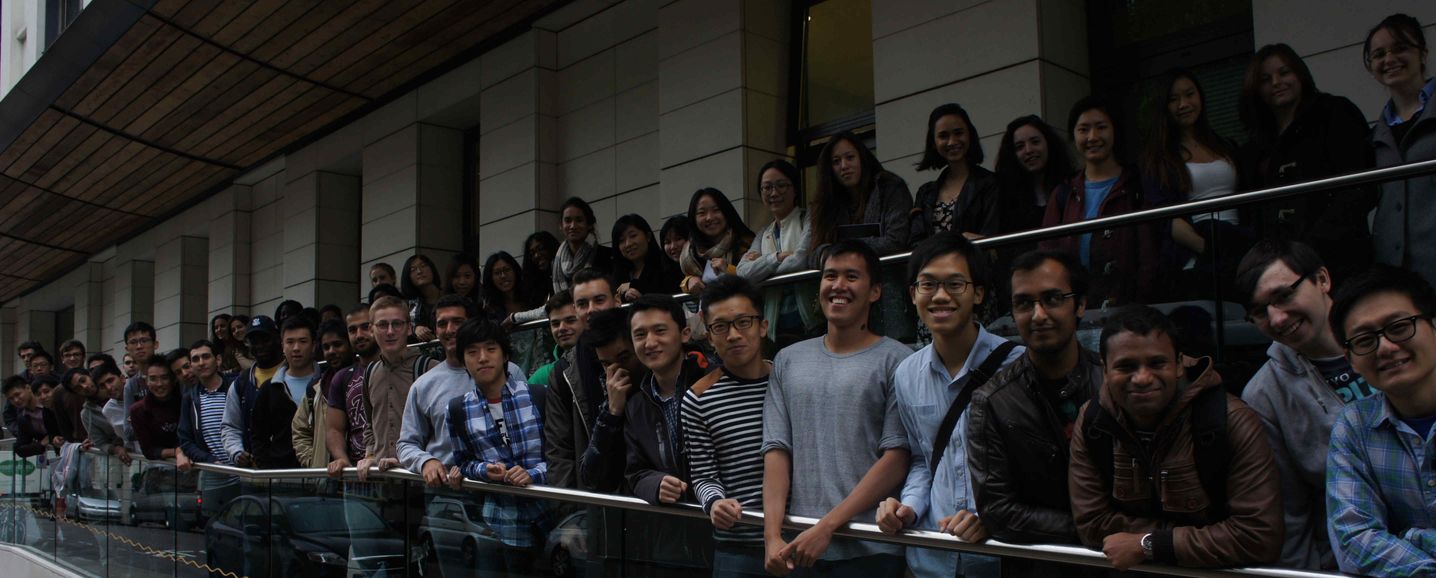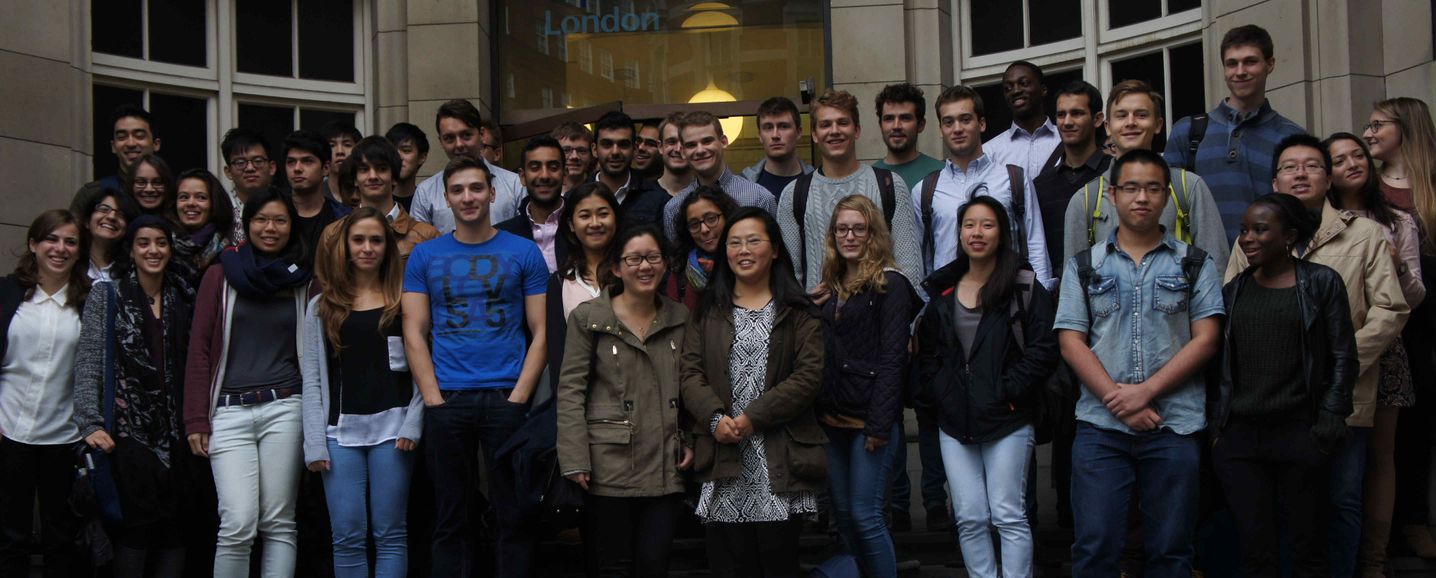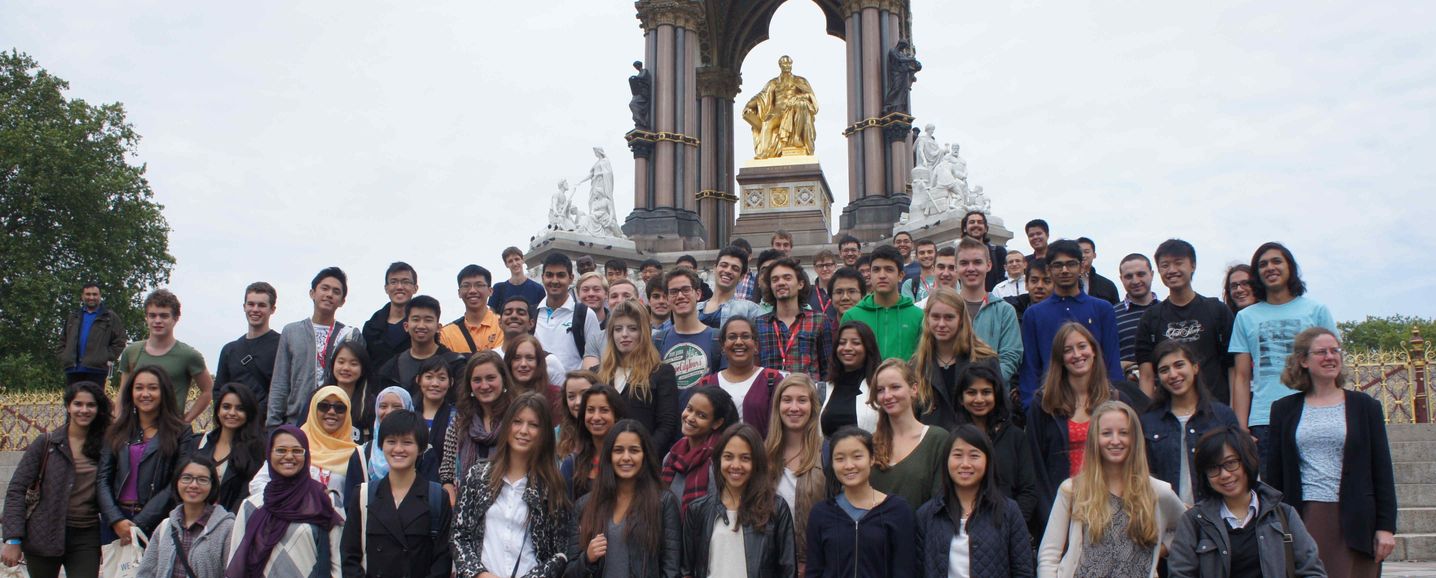Bioengineering is at the interface of engineering and medicine. It is a rapidly evolving inter-disciplinary field that applies engineering principles and technology to medical and biological problems.
In our Department we offer two four year MEng undergraduate degrees:
- MEng in Biomedical Engineering (BH9C)
- MEng in Molecular Bioengineering (NEW FOR 2017 ENTRY- FURTHER DETAILS COMING SOON)
MEng in Biomedical Engineering
Our four year MEng undergraduate degree in biomedical engineering has been running since 2002 and its curriculum provides integrated training in engineering, mathematics, and biomedical science as a preparation for a variety of careers in engineering, science, health care or business. Since 2013 we have offered the option of doing a year in industry. Imperial College works closely with employers and industry, including Industrial Advisory Panels, to design undergraduate courses which provide graduates with technical knowledge, expertise and transferable skills and to encourage students to take internships and placements.
The course provides a broad foundation in physics, mathematics, engineering and medical science and then progress to more advanced engineering studies that apply the quantitative aspects of engineering analysis and design to a broad range of biomedical problems.
We believe that one of the most important aspects of engineering is the creation of new approaches and innovative solutions and the biomedical engineering course emphasises the fundamentals of engineering sciences that form the common basis of all engineering specialities. This emphasis will provide the student with a solid foundation for a career in which engineering practices may change rapidly.
As part of the MEng programme, students will have the option to specilaise in their third and forth years in either the mechanical engineering, electrical and electronic engineering, biomolecular engineering or the general biomedical engineering pathway. This can involve studying modules in another engineering department, such as the Department of Electrical and Electronic Engineering, the Department of Mechanical Engineering or the Department of Computing.
Our degrees
Our approach
Our overriding desire is to nurture our students' innate curiosity, to provide them with a firm scientific and technical foundation and to instil in them the need to continuously upgrade their knowledge and skills throughout life. We want to train and encourage individuals who will be well-positioned to assume a leadership role in a rapidly changing world. The course provides students with the skills necessary to solve problems arising in a wide range of economic, environmental, ethical, legal and social areas.
If you would like an insight into the teaching of computational mathematics in the first year then please watch this video:
Accreditation
The BEng programme is accredited by multiple Professional Engineering Institutions (c.f. below) on behalf of the Engineering Council for the purposes of fully meeting the academic requirement for registration as an Incorporated Engineer (IEng) and partly meeting the academic requirement for registration as a Chartered Engineer (CEng). The combination of our BEng and MSc programmes can fully meet the academic requirement for registration as a Chartered Engineer.
The MEng programme (both pathways) is accredited by multiple Professional Engineering Institutions (c.f. below) on behalf of the Engineering Council for the purposes of fully meeting the academic requirement for registration as a Chartered Engineer (CEng).
| IEng | CEng | IPEM | IET | IMechE | IOM3 | |
| BEng | Full | Partial | 2013-18 | 2002-18 | 2005-19 | 2010-17 |
| MEng | Full | Full | 2013-18 | 2002-18 | 2005-19 | 2010-17 |
Over the years we have increased the number of accrediting Professional Engineering Institutions (PEI) which means that the start dates vary for each PEI. Accreditation lasts for five years therefore the end dates also vary. We expect to submit our next submission to the Engineering Council around 2017.
Research projects
Research projects are an important part of the Bioengineering degree course.
Projects give students an opportunity to apply the knowledge learned in the rest of the course to current research problems. They also help to develop important project management, team working and communication skills that are highly valued by employers and international research groups. For a taste of what to expect, why not take a look at this year's .
Would you like to meet the admissions tutor to learn more about the MEng programme? The admissions tutor reserves Friday afternoons for meeting potential applicants, offer holders, teachers, HE advisors and parents.
If you are able to get to South Kensington then a departmental tour and observation of the first year mathematics laboratory can be included in your visit.
If you are not able to get to South Kensington then a Skype/Facetime meeting can be arranged.
Please contact be.ugadmissions@imperial.ac.uk to make the arrangements.
Programme specifications
Find out more
Admissions Tutor
Liam Madden
Enquiries
T: +44 (0)20 7594 2703
E: be.ugadmissions@imperial.ac.uk
_2015--tojpeg_1444227216170_x4.jpg)
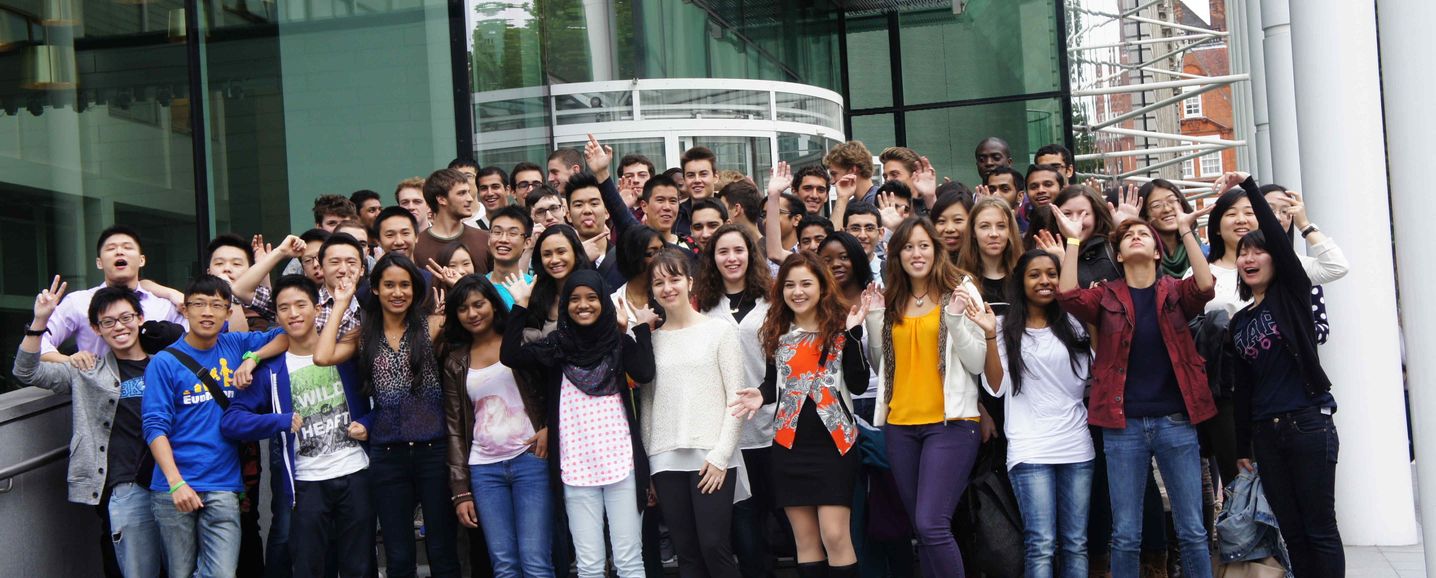
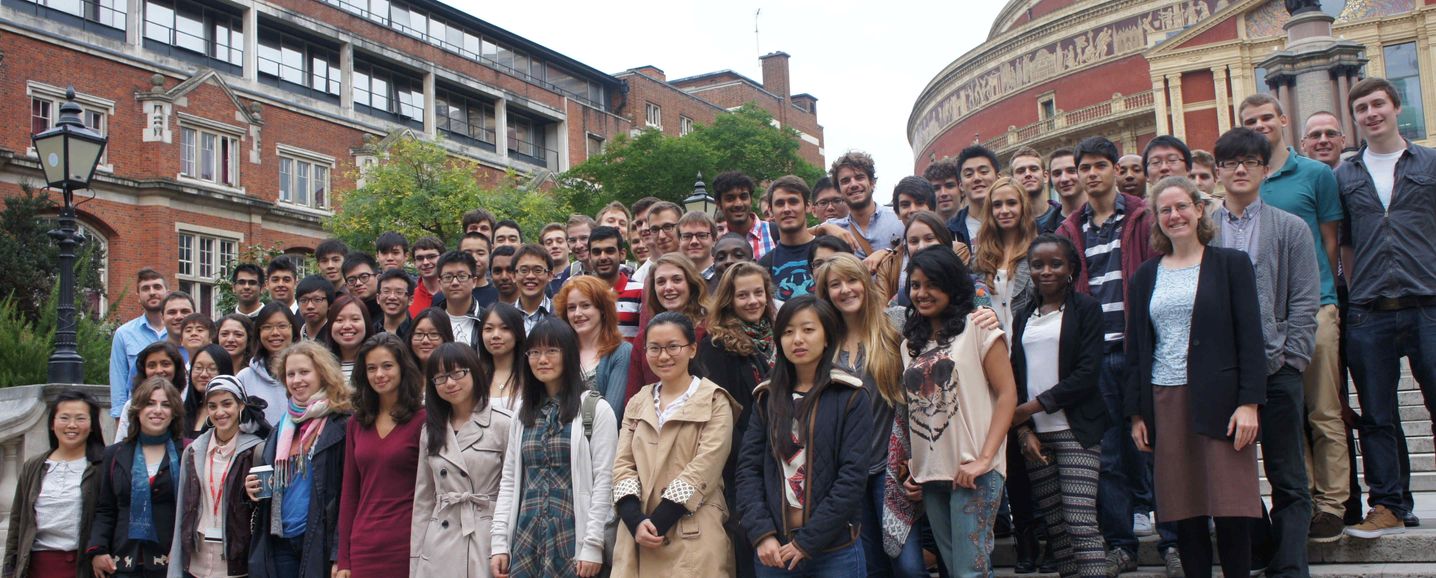
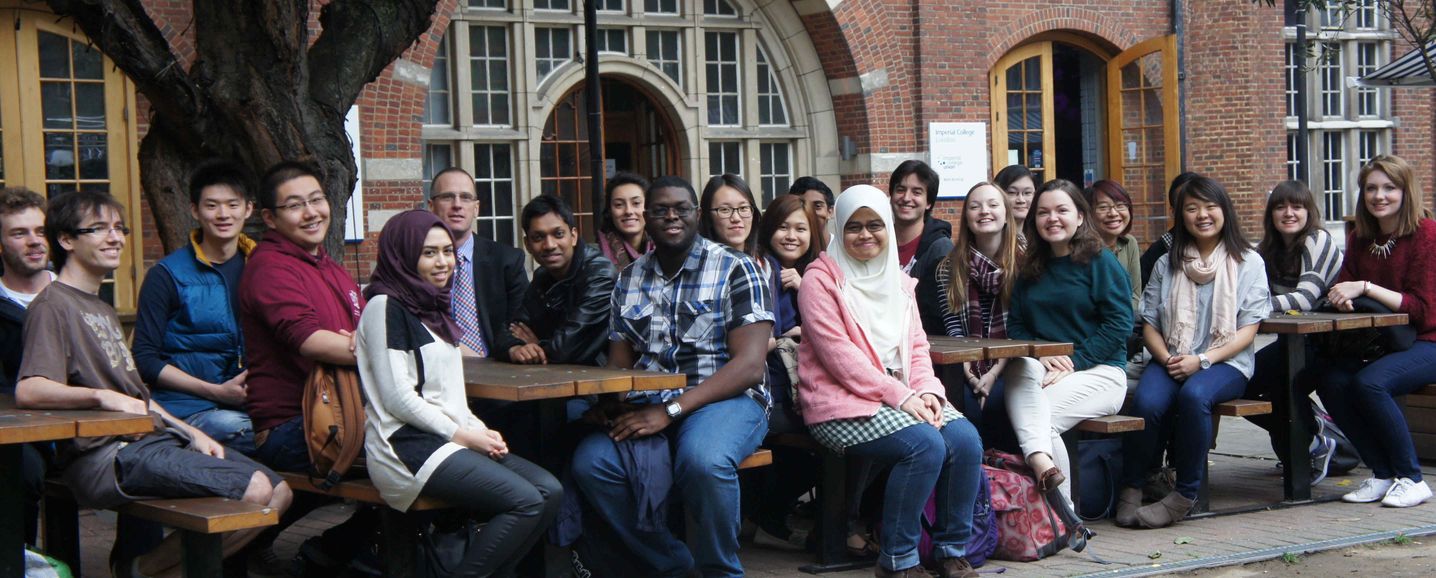
_2015--tojpeg_1444227449014_x4.jpg)
_2015--tojpeg_1444227611105_x4.jpg)
_2015--tojpeg_1444227714739_x4.jpg)
